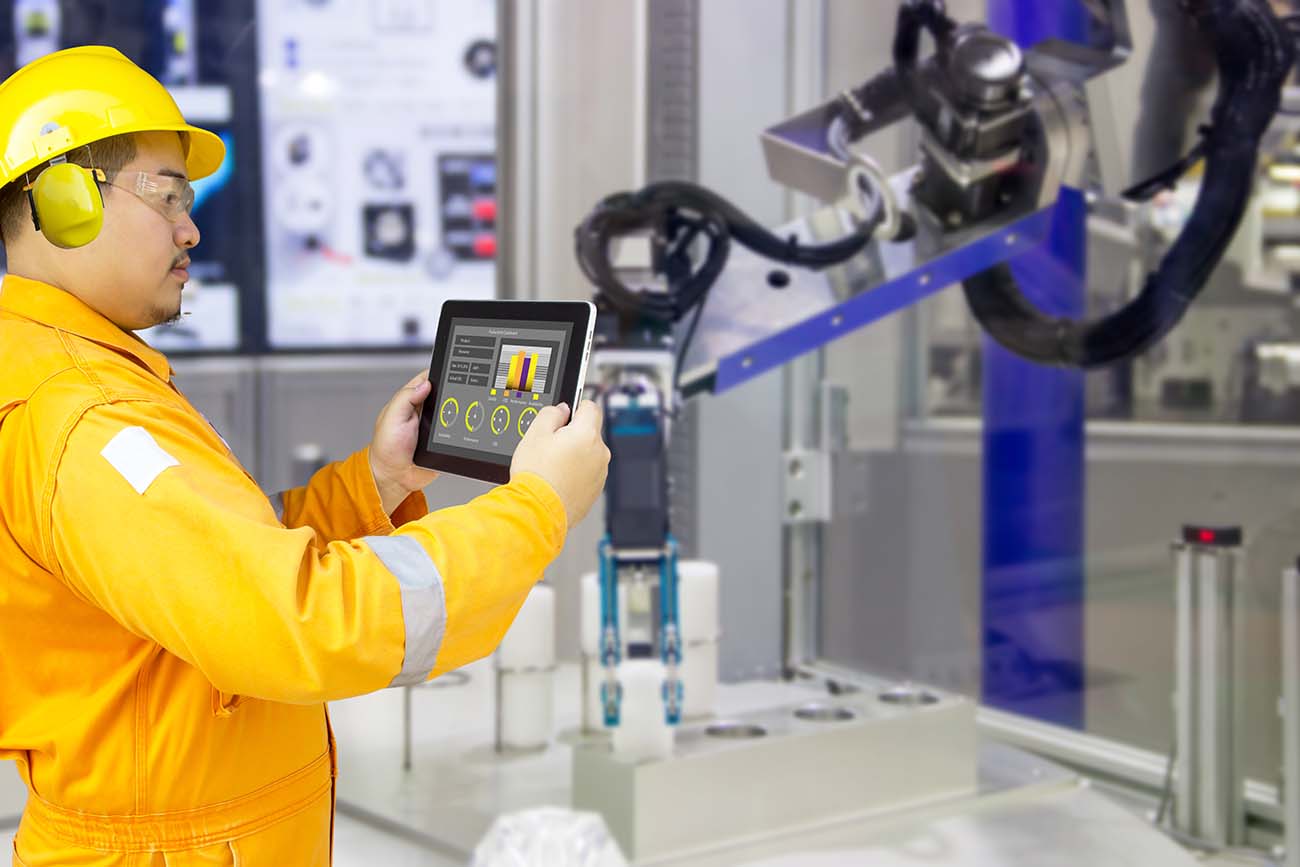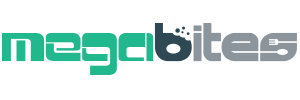
McKinsey & Company estimates that by 2025, organizations will spend between $175 billion and $215 billion on Industrial Internet of Things (IIoT) deployments. Companies are rapidly marching forward on their Industry 4.0 journey but what the most successful Chief Information Officers know is these technologies require local processing and data storage to implement successful IIoT deployments. That required infrastructure is called “industrial edge computing.”
“Local edge data centers are IT infrastructure enclosures, spaces, or facilities distributed geographically to enable endpoints on the network. When in industrial environments such as a manufacturing plant or distribution center, this application is referred to as ‘industrial edge,’” explained Tony Kang, Business Vice-President, Secure Power at Schneider Electric Philippines.
Analysts have identified the edge as becoming increasingly important because the ability to quickly translate data from Industry 4.0 applications—like HD cameras—into analysis that supports optimized operations may not be possible without implementing edge computing solutions.
For those Philippine industries deploying edge computing systems, several factors will influence how these investments translate into more efficient and adaptive operations including
Streamlined delivery and installation process. “Oftentimes, edge computing systems consist of a mixture of various parts and pieces from multiple manufacturers which can make it complex for an end-user to install and start-up,” described Kang. “However, some solution providers like Schneider Electric integrate these systems ahead of time, delivering them as pre-configured micro data centers. The micro data center units occupy little floor space and come pre-tested and pre-loaded with management software as well as integrated IT and power, cooling, and rack components.”

Stable and secure operations. “When IT equipment is placed at the industrial edge in spaces that are also occupied by people, such as a plant floor, physical security is compromised compared to when the IT equipment is in a dedicated secure room. An unprotected edge system can lead to malicious or accidental downtime,” Kang pointed out. Therefore, the IT enclosure housing the equipment should be capable of being locked and monitored with cameras. An Uninterruptible Power Supply (UPS) should also be specified as part of the solution to provide the battery backup and power protection needed to secure systems uptime.
Dependable and consistent remote monitoring and support. “Many end users want ‘set it and forget it’ worry-free edge computing solutions that experience minimum downtime. This requires managed service providers that can offer remote monitoring and maintenance services, which is something that Schneider Electric can provide to its clients,” stated Kang. “These services have to be delivered remotely because it is often physically impossible to provide the vast majority of edge sites with on-site IT expertise. If equipped with the proper software, edge systems components can be remotely monitored for any anomalies, such as excessive heat or humidity, and provide maintenance teams with early, predictive warnings of potential problems. Such an approach permits more rapid and proactive responses to issues and increases overall systems uptime.”
These factors all point toward industrial edge becoming one of the fastest-growing segments of industrial automation, as well as a key factor in advancing the digital transformation of Philippine manufacturers and industries.
“Achieving the best returns nowadays means manufacturers must accurately measure performance, quickly identify problem, and respond with crucial changes in real time to either maintain or enhance operations. This makes industrial edge extremely important for on-site data capture, real-time analysis, and conversion into intelligent information, mindful of latency and security throughout the entire process,” stated Kang. “Schneider Electric can help Philippine manufacturers and industries in deploying industrial edge and maintaining their competitive advantage in the market.”
![]()







